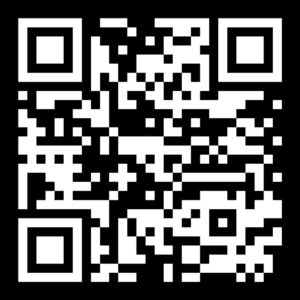Economic Collapse and Financial Crises
An economic collapse is a severe, sudden breakdown in a country’s financial system that disrupts trade, employment, banking, and daily life. It may be triggered by war, government instability, debt crises, global market failures, currency devaluation, or natural disasters that devastate infrastructure.
Financial crises can result in:
- Bank closures and account freezes
- Hyperinflation or currency collapse
- Shortages of food, fuel, and medicine
- Loss of jobs and social services
- Civil unrest and long-term poverty
The effects may be localized, national, or global and often spread quickly through interconnected systems.
Historical Examples
- Great Depression (1930s) – U.S. unemployment exceeded 25%
- Argentina Economic Crisis (1998–2002) – Bank runs, food riots, hyperinflation
- 2008 Global Financial Crisis – Housing market collapse, millions lost homes and jobs
- Venezuela Crisis (2014–present) – Hyperinflation, food collapse, 7+ million displaced
Preparedness Tips
Financial Resilience
- Keep 3–6 months of essential expenses in cash or accessible form
- Diversify income sources (side jobs, freelance, bartering skills)
- Maintain physical cash reserves in small bills in a safe location
- Invest in nonperishable goods and critical household supplies
- Consider storing small tradable items (tools, batteries, hygiene items)
Banking and Debt
- Avoid high-interest or variable-rate loans when instability is possible
- Pay off high-risk debts if feasible
- Spread accounts across multiple financial institutions if allowed
- Monitor national and global financial indicators to anticipate shifts
During an Economic Collapse
- Buy only what you need—panic buying inflates prices and empties shelves
- Limit withdrawals to preserve liquidity in a bank run environment
- Prioritize community over isolation—trusted neighbors may share resources
- Avoid risky investment schemes or false recovery programs
Security During Financial Breakdown
- Increased theft, fraud, and desperation are common
- Keep low visibility of stored resources or wealth
- Do not advertise preparedness online or in public
- Lock down digital accounts—phishing and financial fraud surge during collapses
Recovery and Assistance
- Monitor for government or NGO assistance programs
- Apply early for unemployment, rent relief, and food aid if available
- Participate in mutual aid networks, community barter systems, or local job exchanges
Key Resources
- Consumer Financial Protection Bureau (CFPB) – Financial crisis tools
consumerfinance.gov - Federal Reserve Economic Data (FRED) – National economic trends
fred.stlouisfed.org - 211.org – Nationwide help with food, housing, bills, and support
211.org
Recommended Apps
- YNAB (You Need A Budget) – Budgeting and expense planning
ynab.com
- Mint – Budget, bills, and credit score tracking
mint.intuit.com
